Description
ISOPROPYL ALCOHOL
HS Code: 29051220
Chemical Formula: C3H8O
Other Names: 2-propanol, sec-propyl alcohol, IPA, or isopropanol
Description
- Isopropyl alcohol (IUPAC name propan-2-ol; commonly called isopropanol) is a compound with the chemical formula C3H8O. It is a colorless, flammablechemical compound with a strong odor. As an isopropyl group linked to a hydroxyl group, it is the simplest example of a secondary alcohol, where the alcoholcarbon atom is attached to two other carbon atoms. It is a structural isomer of 1-propanol and ethyl methyl ether.
- It is used in the manufacture of a wide variety of industrial and household chemicals, and is a common ingredient in chemicals such as antiseptics, disinfectants and detergents
Properties
- Isopropyl alcohol is miscible in water, ethanol, ether, and chloroform.
- It will dissolve ethyl cellulose, polyvinyl butyral, many oils, alkaloids, gums and natural resins.
- Unlike ethanol or methanol, isopropyl alcohol is not miscible with salt solutions and can be separated from aqueous solutions by adding a salt such as sodium chloride. The process is colloquially called salting out, and causes concentrated isopropyl alcohol to separate into a distinct layer.
- Isopropyl alcohol forms an azeotrope with water, which gives a boiling point of 80.37 °C (176.67 °F) and a composition of 87.7 wt% (91 vol%) isopropyl alcohol. Water-isopropyl alcohol mixtures have depressed melting points.[9] It has a slightly bitter taste, and is not safe to drink.[9][10]
- Isopropyl alcohol becomes increasingly viscous with decreasing temperature and will freeze at −89 °C (−128 °F).
- Isopropyl alcohol has a maximum absorbance at 205 nm in an ultraviolet-visible spectrum.
ISOPROPYL ALCOHOL USES AND APPLICATION
Solvent
Isopropyl alcohol dissolves a wide range of non-polar compounds. It also evaporates quickly, leaves nearly zero oil traces, compared to ethanol, and is relatively non-toxic, compared to alternative solvents. Thus, it is used widely as a solvent and as a cleaning fluid, especially for dissolving oils.
Medical
Isopropyl alcohol is used as a water-drying aid for the prevention of otitis externa, better known as swimmer’s ear.
Early uses as an anesthetic
Although isopropyl alcohol can be used for anesthesia, its many negative attributes or drawbacks prohibit this use. Isopropyl alcohol can also be used similarly to ether as a solvent or as an anesthetic by inhaling the fumes or orally. Early uses included using the solvent as general anesthetic for small mammals and rodents by scientists and some veterinarians. However, it was soon discontinued, as many complications arose, including respiratory irritation, internal bleeding, and visual and hearing problems. In rare cases, respiratory failure leading to death in animals was observed.
Laboratory
As a biological specimen preservative, isopropyl alcohol provides a comparatively non-toxic alternative to formaldehyde and other synthetic preservatives. Isopropyl alcohol solutions of 70–99% are used to preserve specimens.
Available in 160 Kgs Carboy

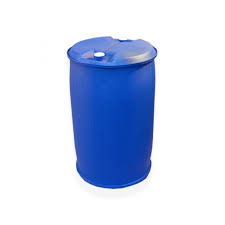
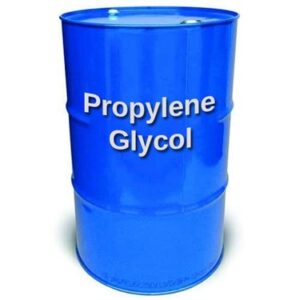
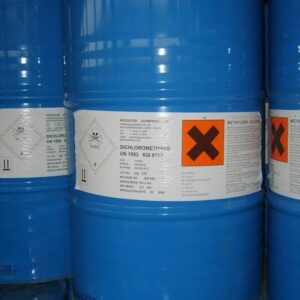
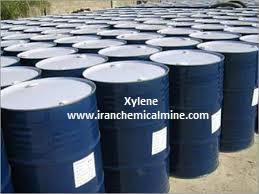
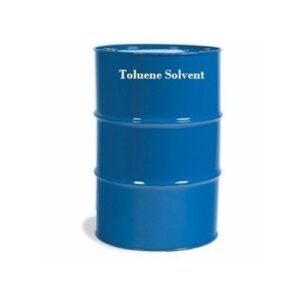
Reviews
There are no reviews yet.